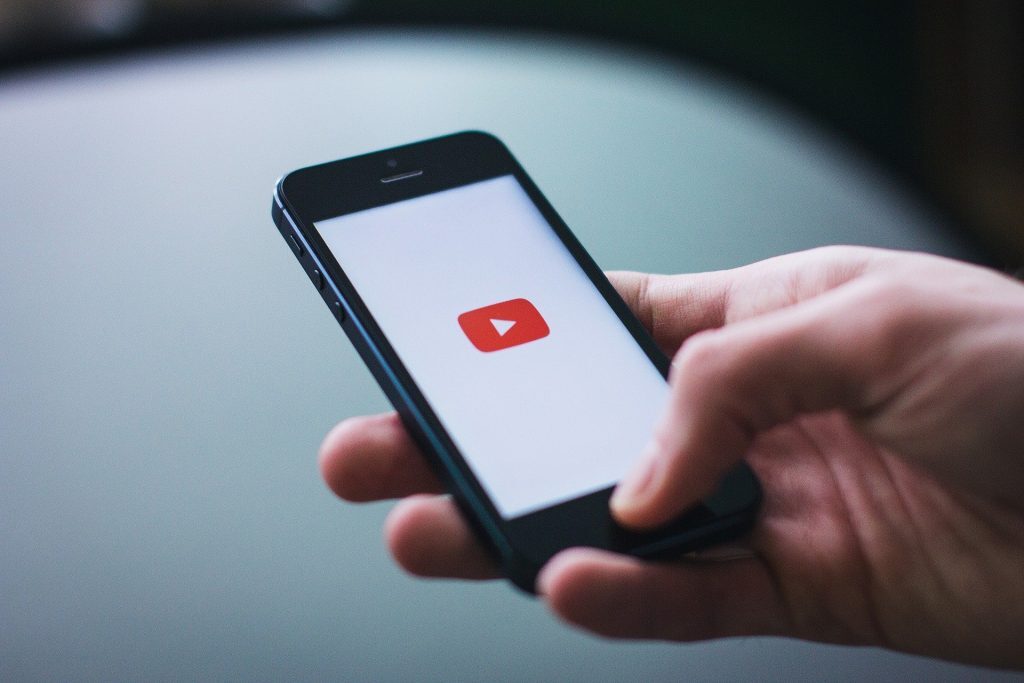Vaccine misinformation has been an issue for a while now, and it’s become a particularly poignant issue in light of the Covid-19 pandemic. Social media platforms like YouTube have been tackling Covid-19 vaccine misinformation in a variety of ways. YouTube removed over a million videos spreading Covid-19 misinformation back in August, and is now taking its hard stance on medical misinformation a step further by banning any anti-vaccine content outright.
YouTube bans all vaccine fibs
The video-sharing platform’s Community Guidelines have long prohibited many other forms of medical misinformation, such as unsubstantiated (see: false) claims of cures for certain diseases, but until now hasn’t put its foot down on anti-vaccine content.
“Today, we’re expanding our medical misinformation policies on YouTube with new guidelines on currently administered vaccines that are approved and confirmed to be safe and effective by local health authorities and the WHO,” reads an official announcement.
This bans any misinformation concerning modern vaccines, such as those for HIV, the flu, mumps, chickenpox, and more, which prohibits videos falsely claiming that said vaccines cause chronic illness or conditions such as autism, cancer or infertility, or that they contain microscopic tracking chips.
“Our policies not only cover specific routine immunizations like for measles or Hepatitis B, but also apply to general statements about vaccines.”
Additionally, a YouTube spokesperson confirmed to The Verge that the platform would be booting the channels of several major anti-vaxxers, including Sherri Tenpenny, Joseph Mercola, the Children’s Health Defense Fund and Erin Elizabeth. Presumably, similar channels that crop up in the future will be treated the same way.
While YouTube is banning all vaccine misinformation, it stipulates that it does still allow for personal testimonies and anecdotes relating to vaccines, so long as they don’t violate existing guidelines, or that a video’s channel doesn’t show a history of promoting vaccine hesitancy. These will probably be assessed on a case-by-case basis.
“Today’s policy update is an important step to address vaccine and health misinformation on our platform,” concludes the announcement. “We’ll continue to invest across the board in the policies and products that bring high-quality information to our viewers and the entire YouTube community.”




